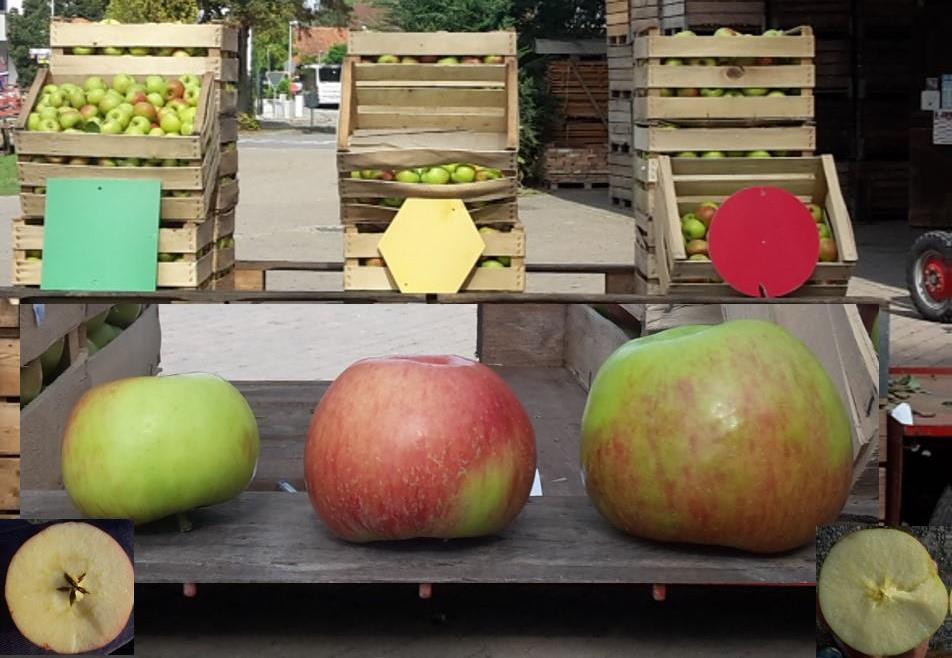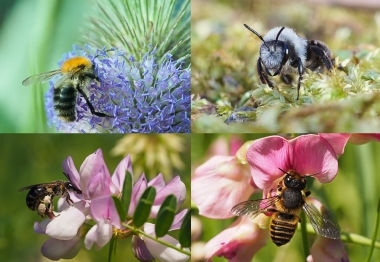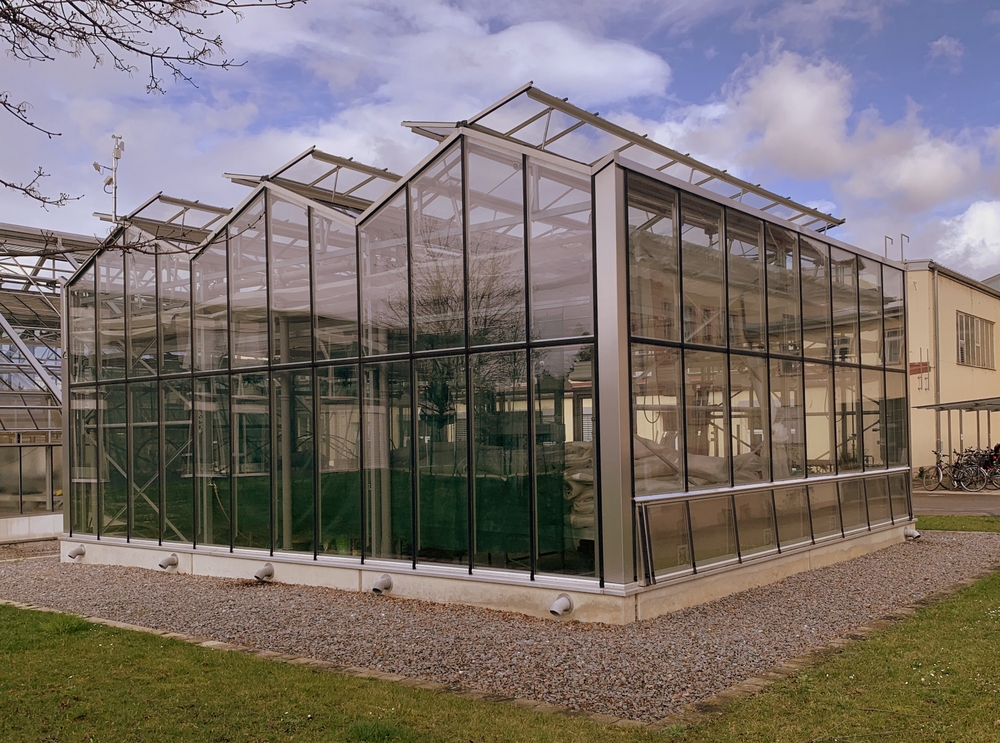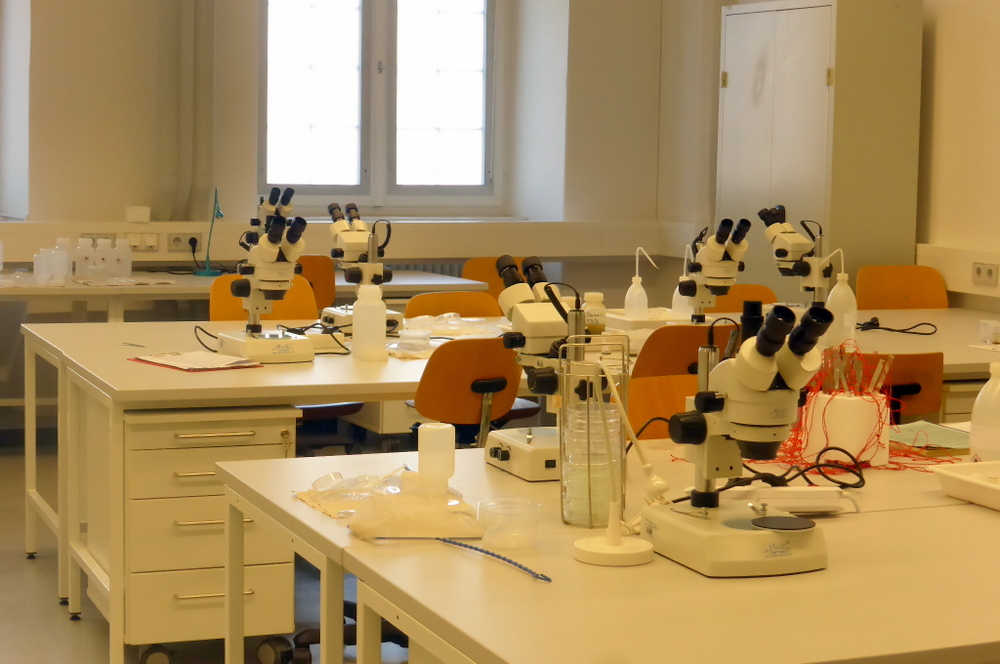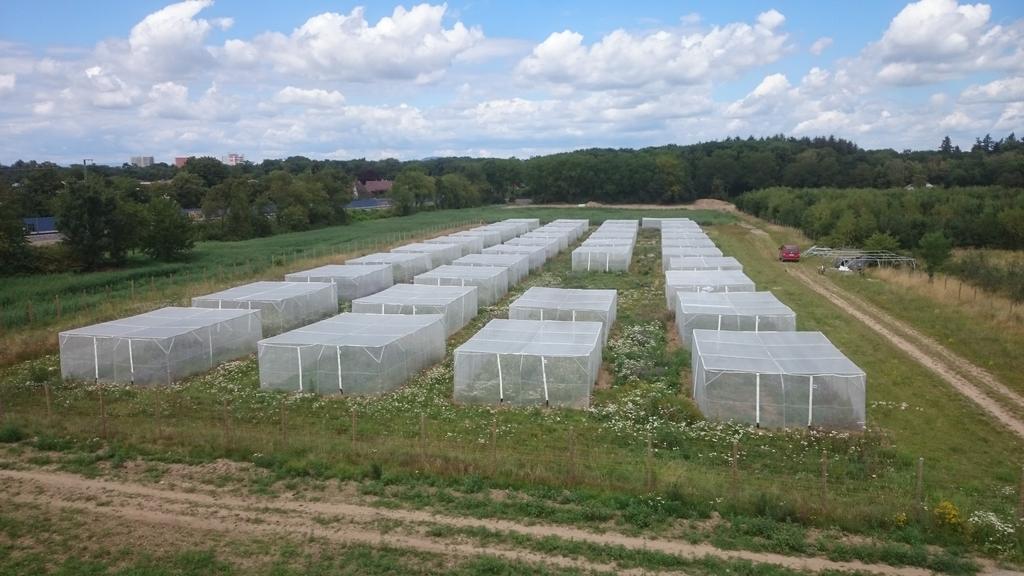Research at the Chair of Nature Conservation and Landscape Ecology
Research of the Chair of Nature Conservation and Landscape Ecology focuses on biodiversity and ecosystem functions mediated by macro-organisms, such as bees, wasps, ants or slugs but also small mammals and birds. Examples for these relationships are pollination, herbivory, seed dispersal, seed predation and natural control of insect populations (e.g. by parasitism).
Our overarching aim is to understand the effects of environmental drivers and uncertainties on these macro-organisms, such as the impact of pesticides, land-use and climate change on the relationship between biodiversity and ecosystem functions. Measures to enhance biodiversity and to conserve beneficial insects in agricultural landscapes and forests are investigated with a focus on hedgerows, flowering seed mixtures, multi-cropping, different mowing regimes or in forests dead-wood and habitat trees. Trophic interaction networks can be influenced by management and the relationship between biodiversity and ecosystem functions may change. These changes affect human well-being, and are important questions in our research. We conduct experiments in the laboratory, greenhouses, semi-field or common gardens, in microcosms and in the wider landscape, both in the surrounding of Freiburg and around the globe.
We describe communities of insects, birds and small mammals and study their population dynamics in landscapes by using GIS-based landscape surveying, DNA-meta-barcoding and chemical analysis of resources used by different insects. Morphological and chemical analyses are also applied to identify response traits to environmental changes and effect traits to understand the services insects provide for ecosystem stability. Key aspects in the field of nature conservation include the development of transdisciplinary and holistic concepts. We integrate stakeholders from nature conservation, industry and society to understand the different views of partner groups to formulate the scientific goals of our projects and exchange scientific with practical knowledge. The project development, analysis and evaluations include close collaborations with disciplines in social sciences. We collaborate with citizen scientists in the joint data collection and analyses for the countrywide monitoring of stem-nesting bees and wasps. We additionally develop field guides for directed knowledge transfer. |

